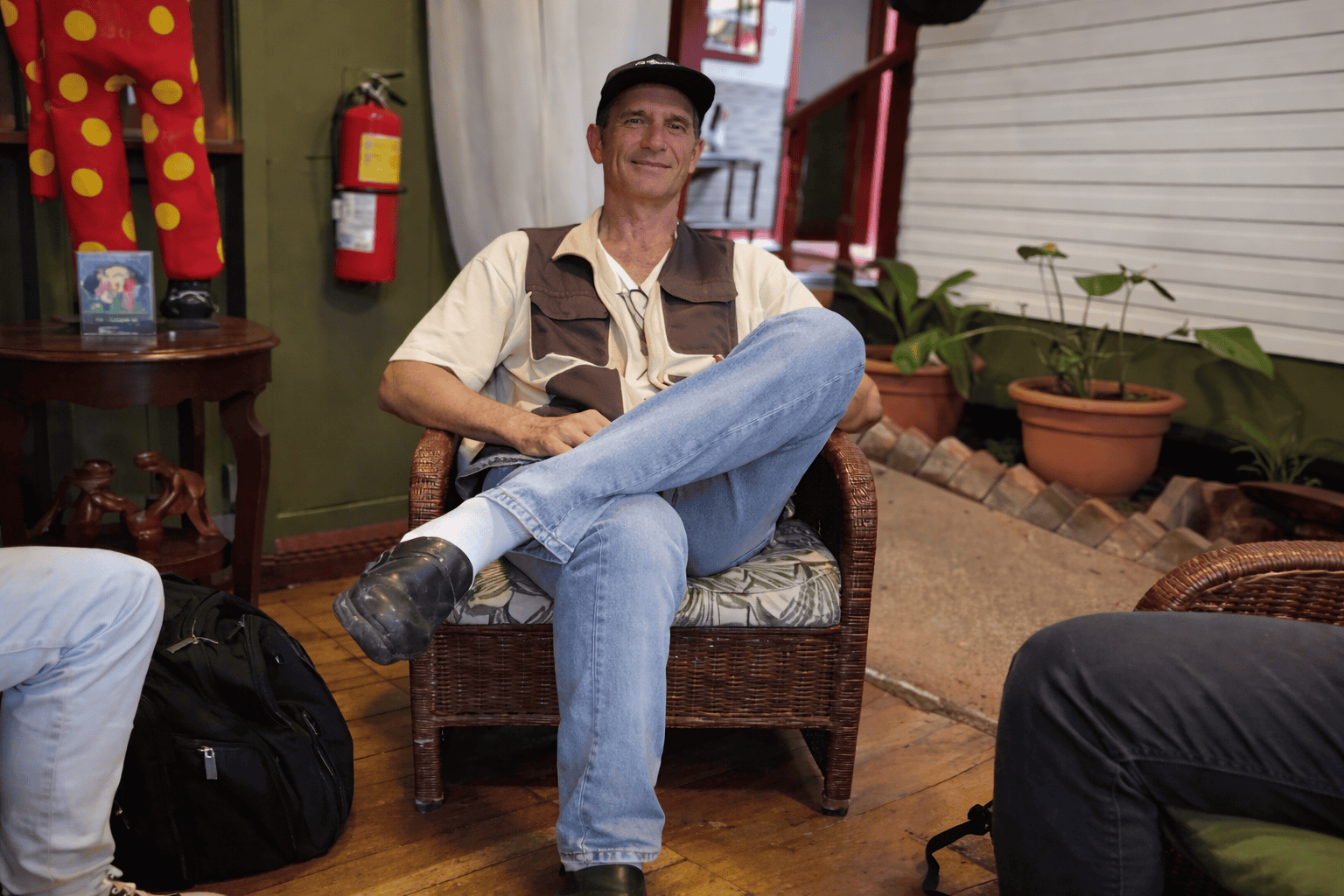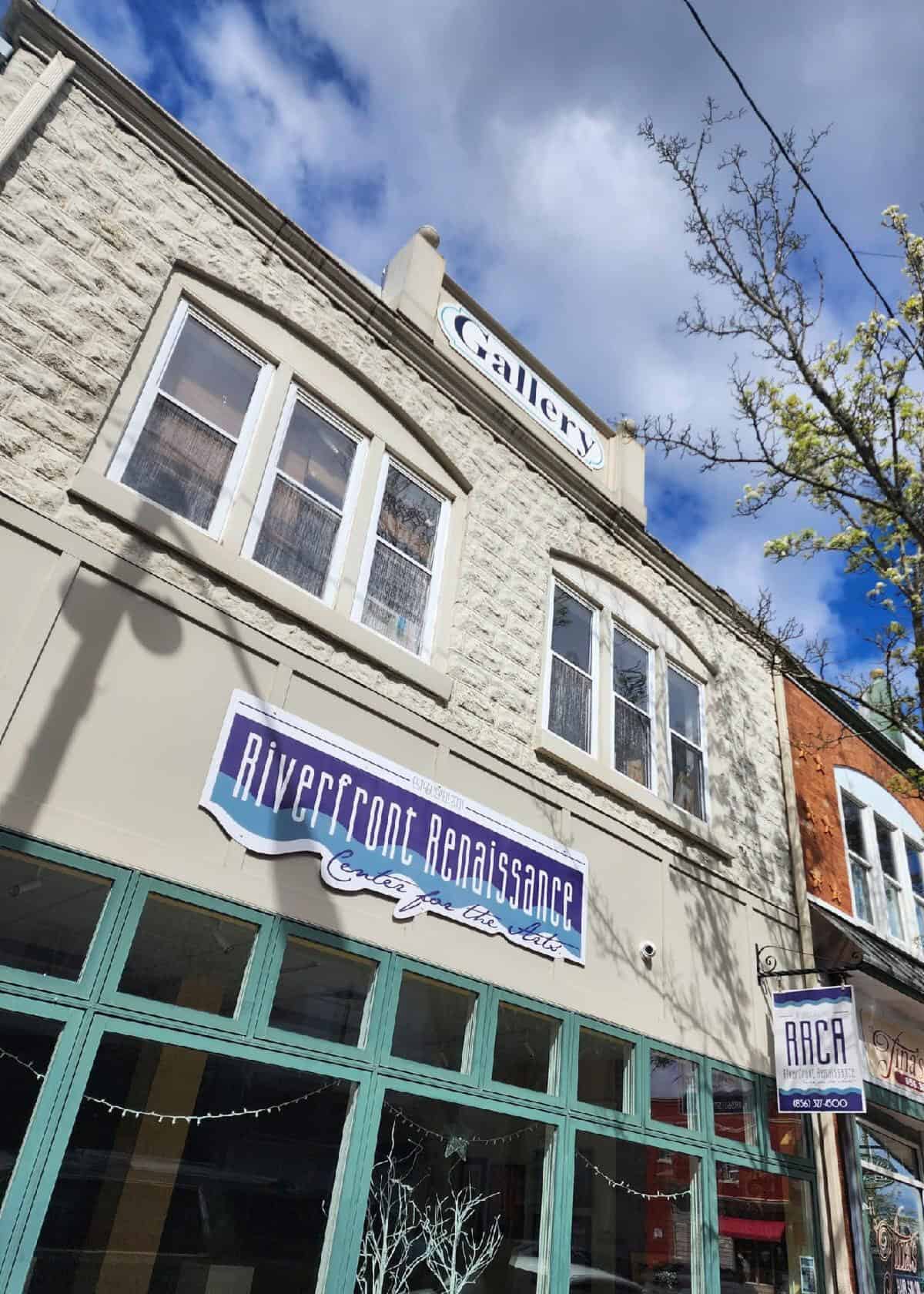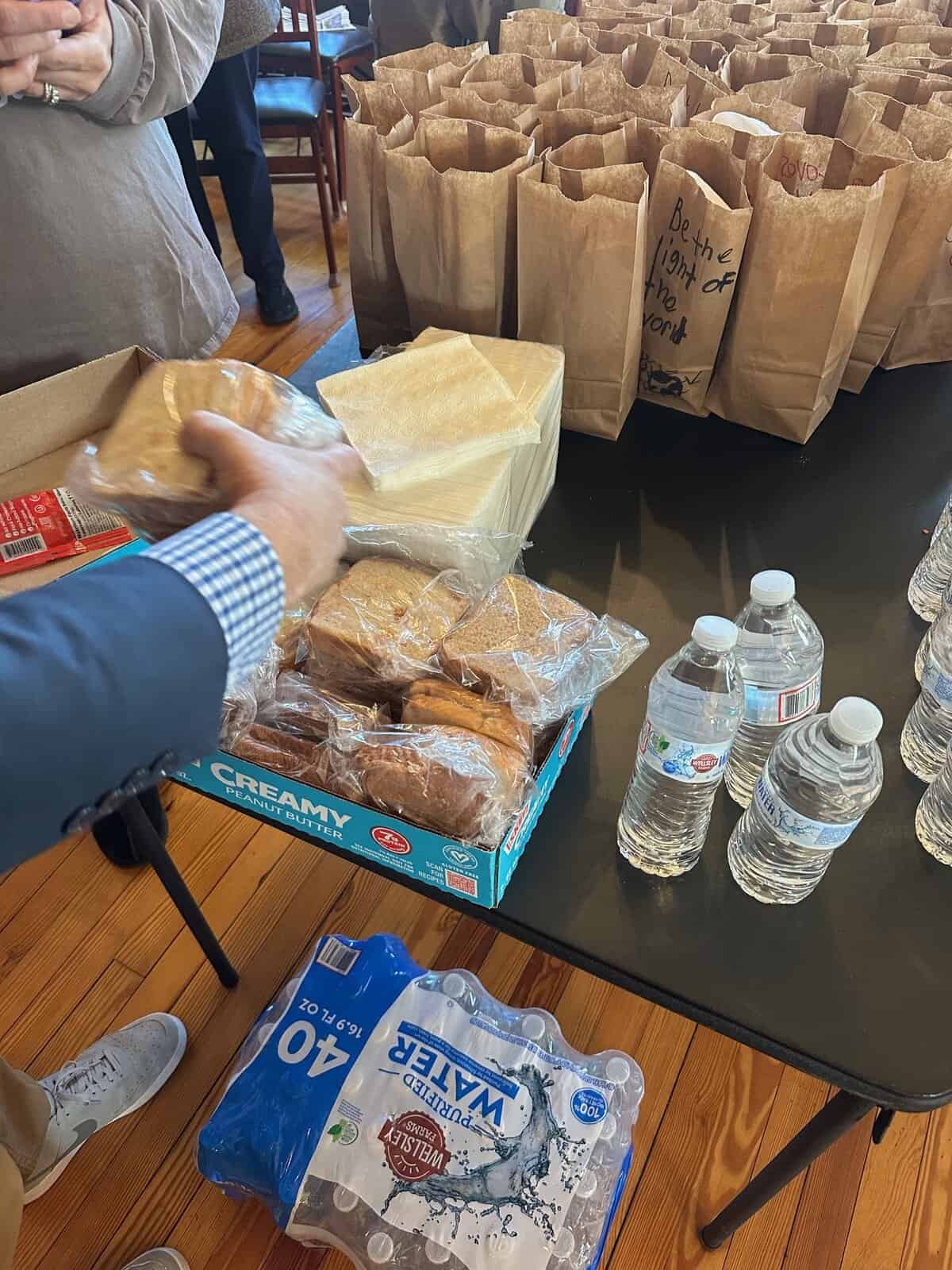Lab Rats
Living in the shadow of the Oyster Creek nuclear plant, she and her family became just that.
 Today, I read in the paper that the site around the Oyster Creek Nuclear Power plant in Forked River, now shut down, has changed the surrounding land for the past 50 years. The plant acted as a “super predator” on the sandy, piney shores of Barnegat Bay.
Today, I read in the paper that the site around the Oyster Creek Nuclear Power plant in Forked River, now shut down, has changed the surrounding land for the past 50 years. The plant acted as a “super predator” on the sandy, piney shores of Barnegat Bay.
I grew up in Lanoka Harbor, a few miles north of the reactor. We moved there in 1968, the year before the nuke plant opened. There had been town meetings galore, very well attended by the local citizens who were concerned for the health of their families and wary of the politicians, company officials, and officious engineers who told us that the plant would be good for South Jersey, that nuclear energy was cleaner than gas and oil.
They built fences around the reactor tower, fired it up, and we became part of the big nuclear experiment of the Seventies. Once in a while we would get updates on what would happen in the unlikely event of a meltdown or explosion. That was unthinkable, of course, but evacuation route signs dotted the roadways to the southern state beaches and people moving in were reassured that new homes in Lacey Township were “safely outside the danger zone.”
We were locals, not yokels. We knew all their safety talk was bull. If those emergency sirens went off, we had about 30 seconds to bend over and kiss our butts goodbye.
At that time, housing construction was booming and new developments sprouted up overnight on farms and deforested pinelands to accommodate people fleeing the North Jersey crud belt and crowded boroughs of New York City. My own regional high school became so overcrowded that we had to go on split sessions—mornings for grades 10 to 12, and afternoons for grades 7 through 9.
Rutgers research professor Tom Grothues describes the Oyster Creek Generating Station as a “super predator” on the shores of Barnegat Bay. He says the plant altered the area’s climate and food chain by sucking in billions of gallons of bay water and spewing out hot water, cooking untold numbers of fish and crab larvae.
“Its shutdown last September offers a startling but unique opportunity to understand the effects of climate change.”
The water in Oyster Creek is much cooler now, and the creek is not flowing as fast, he added. That also is potentially changing the salinity.
Grothues hopes to have a team of researchers take more samples for the next three years and compare them with three years of data he collected in 2012, 2013 and 2014 before the plant closed.
My parents are gone now, but I believe they are happy to see that cursed tower closed down. I know I am.
****
And speaking of menopause (weren’t we?); I just read an article from Science Daily on hot flashes after age 60. Did you know that 40 percent of women ages 60 to 65 still have hot flashes? Furthermore, women bothered by this symptom are often not getting treatment, even though treatment is available.
The writer says that the best way to predict when you’ll start menopause is to ask your mother, because mothers and sisters typically start at the same age.
I did ask my mother, but she lied.
“I didn’t have a lot of trouble going through that.”
Whoa. That is not how I remember it. My siblings have different memories, too.
“She would be fine one minute,” my brother recalled, “but then her mood would shift and she’d go flying around the ceiling for a few days.”
So, that was no help. The author of that article also said hot flashes and night sweats may be triggered by cancer treatments such as radiation or chemotherapy.
I can attest to that. When I had cancer, I had to take large doses of prednisone, and I didn’t sleep for three weeks running, although this gave me time to run my pajamas through the laundry so I had dry clothes.
When I was 30, I was assigned to write a story about Carol Iaconelli. Carol was to speak to a sorority about menopause. She worked as a pediatric nurse and teacher at the hospital and she explained to our childbirth class what to expect.
She was equally blunt about what to expect from menopause but I did not believe her. I was sure I would skate through that time of my life.
I went through cancer therapy in my early 40s, and everything Carol told us came true. Hot damn!







